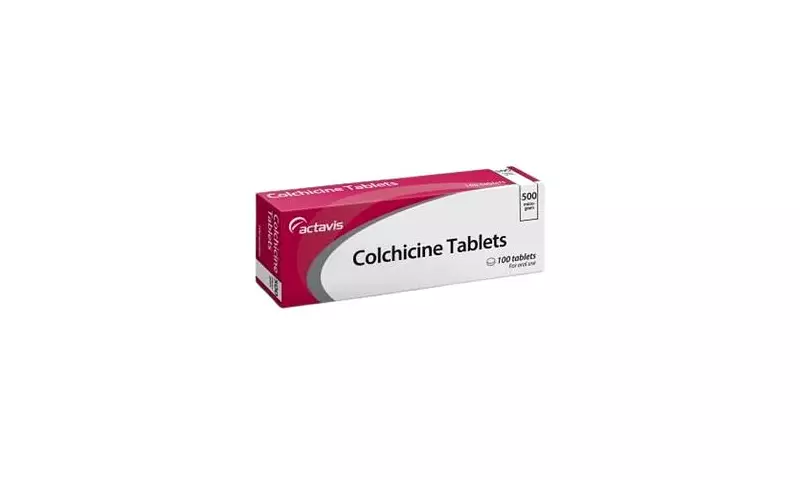
New research offers a significant breakthrough for heart health, suggesting a cheap and common gout medication could dramatically reduce the risk of heart attacks and strokes for thousands of patients.
From Gout Relief to Heart Protection
A major analysis led by German and Swiss scientists has found that colchicine, a first-line treatment for gout on the NHS, provides substantial protection against major cardiovascular events. The research, which examined data from 12 trials involving 22,983 individuals with a history of heart disease, represents a promising repurposing of an established drug.
In the study, roughly half of the participants received a low dose of colchicine—0.5mg taken once or twice daily—for a minimum of six months. The other half were given a placebo or received only their standard care. The results were striking.
Significant Reduction in Cardiovascular Events
The researchers discovered that for every 1,000 people treated with colchicine, there were nine fewer heart attacks and eight fewer strokes compared to the control group. This represents a meaningful reduction in risk for patients living with ongoing cardiovascular conditions.
Dr. Ramin Ebrahimi, a cardiology expert at the University Medicine Greifswald in Germany and a co-author of the study, emphasised the impact, stating: 'Reductions like this can make a real difference for patients who live with ongoing, lifelong cardiovascular risk.'
The study, published in the Cochrane Database of Systematic Reviews, also highlighted the drug's safety. It found high-certainty evidence that colchicine does not increase the rate of serious adverse events. However, some patients did experience mild stomach or digestive side effects.
A New Hope for Public Health
This finding is particularly crucial given the recent context of heart health in the UK. Alarming data from last year showed that premature deaths from cardiovascular problems like heart attacks and strokes had reached their highest level in over a decade. Furthermore, the NHS is treating a growing number of people under 40 for heart attacks.
Colchicine works by targeting and inhibiting a chemical called interleukin-1β, which reduces inflammation in the body. This mechanism is key, as inflammation is a known driver of both gout and heart disease. Gout itself, a form of arthritis affecting four percent of UK adults, is strongly linked to cardiovascular problems.
Lars Hemkens, director of clinical trials at the University of Bern in Switzerland and a study co-author, pointed to the significance of the discovery: 'It shows the power of academic research to reveal treatment opportunities that traditional drug development often overlooks.'
With colchicine being inexpensive and widely available, and its safety profile well-established, researchers believe a strong case can be made for its use in preventing heart attacks and strokes, offering a new, accessible tool in the fight against the UK's leading cause of death.





